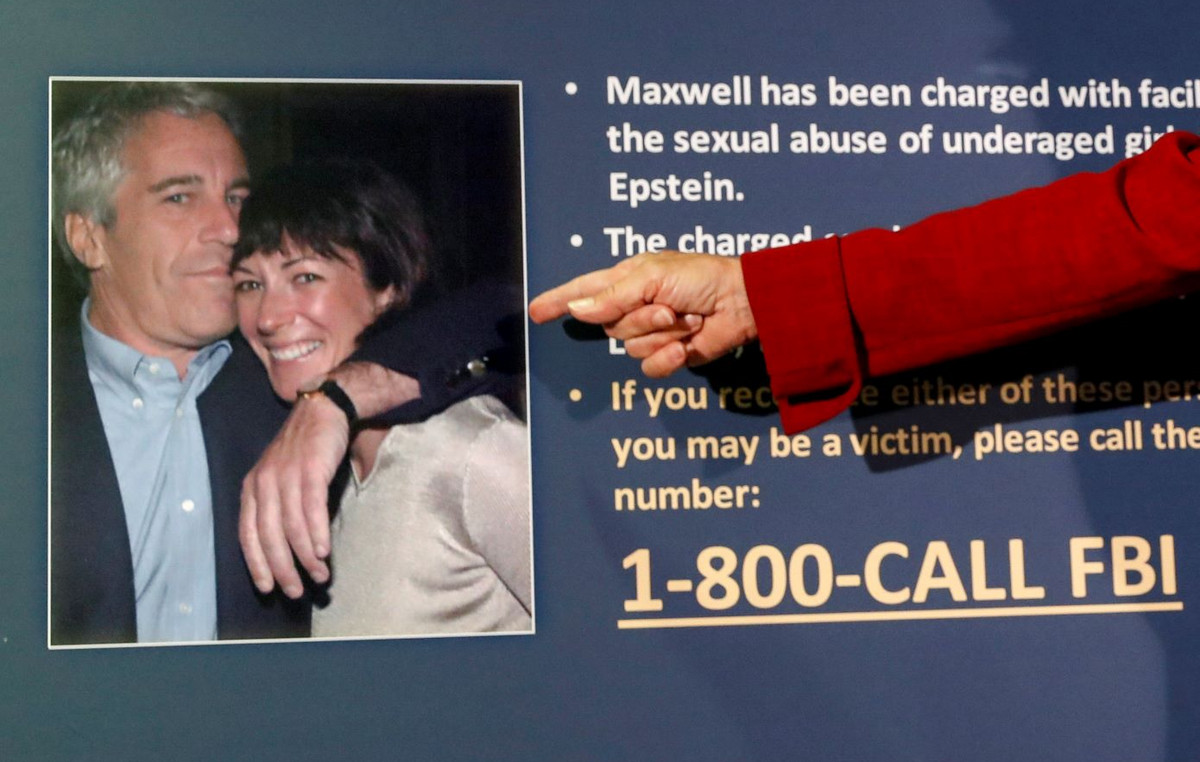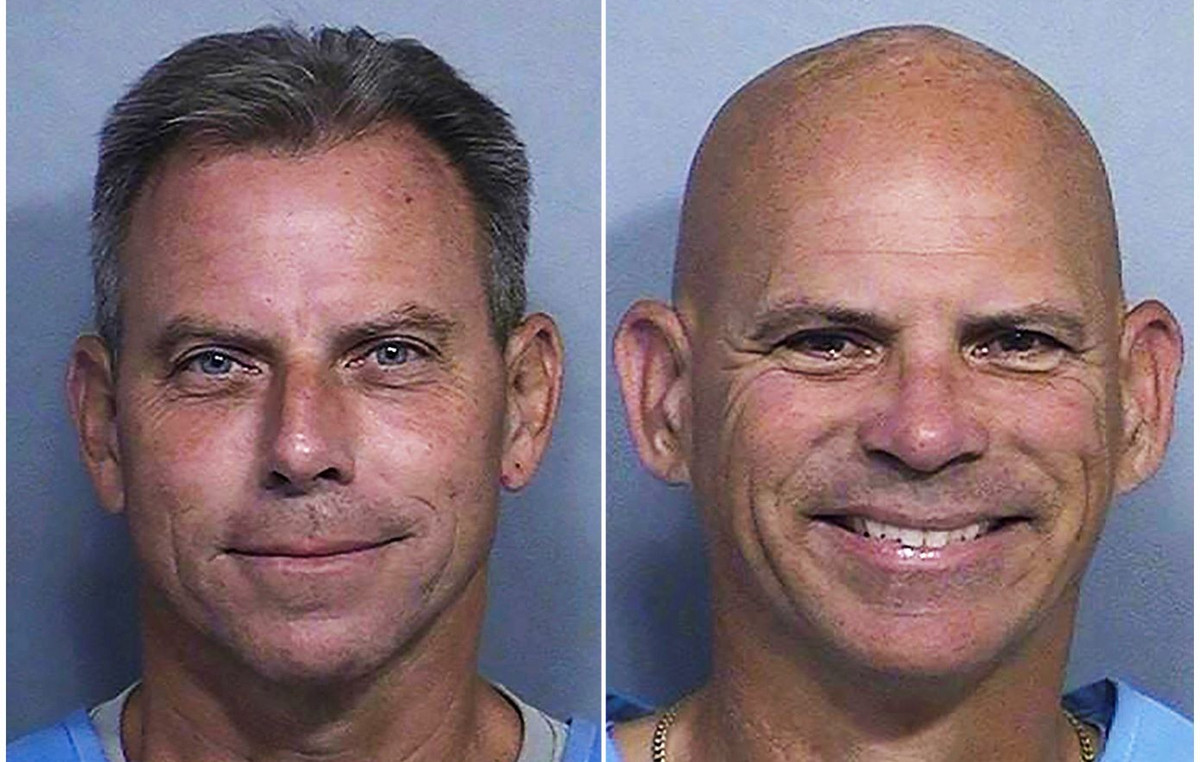There are many reasons why many health professionals don't want you to follow a restrictive diet. This type of eating reduces calories below a person's energy needs and/or limits the macronutrients or food groups consumed, according to Jennifer Rollin, founder of the Eating Disorders Center in Rockville, Maryland.
“Such diets are not sustainable,” explains Rollin. “You may not be meeting your calorie or nutrient needs, or they may encourage binge-eating behaviors and lead to unhealthy relationships with food and your body,” he adds.
But how do you know when a diet is restrictive or when you're just making choices with health or longevity in mind?
There are good rules of thumb. If you find that you base your choices on the hope of losing weight or if your diet excludes entire food groups, you are probably following a restrictive diet, says Natalie Mokari, a registered dietitian based in Charlotte, North Carolina, in the United States.
In cases that aren't so clear-cut, here are three questions to ask about your diet, according to Rollin and Mokari.
How often are you thinking about food?
One way to evaluate your diet is to notice how much you are thinking about food. With a healthy and mindful lifestyle, you may be able to eat what your body needs and move forward. But when on a restrictive diet, people tend to obsess over what they ate, what they're going to eat, and the shame they feel afterward, says Mokari.
Restriction can make social gatherings less fun and meals less satisfying, and figuring out how to eat can become a full-time job. “It starts to get a little excessive for someone in their day-to-day life, and it inhibits their enjoyment,” she explains. “This can create a lot of obsessive behavior. Food is not meant to be thought of that way.”
How strict are you?
Another good measure is your flexibility with the eating style you're following, says Rollin.
“There is a difference between a preference for eating or a way of eating that makes someone feel good versus a set of strict rules that need to be followed,” he says, adding that these mandates are often accompanied by guilt and shame.
There are certain health conditions where a food needs to be eliminated completely, but if not, can you give yourself permission to approach the food in question in a more balanced way, Rollin asked.
For example, if you're trying to limit cheese — are you saying you'll never eat cheese again, or can you feel comfortable adding fruits, vegetables, and nuts to the cheese board alongside the cheese so you can eat less of it?
“Instead of looking at what you can cut,” Rollin said, “look at what you can add.”
Can you have just a little?
With her clients, Mokari likes to use the 80/20 rule — 80 percent of the time they focus on eating all the foods needed for a specific diet or health concern, and 20 percent of the time there's more flexibility, she said.
Doing this isn't just about leaving room for fun. This approach also helps you avoid a restrictive mindset.
“If you impose all these rules around certain foods, you're going to feel like you're either feast or famine with that food,” she said.
Feeling like you can't control yourself with certain foods could be a sign that you're being too restrictive in your diet, Rollin said. And that can be restrictive physically by not allowing you to eat the food or mentally by embarrassing yourself while eating it and afterwards, she said.
The impulse to eat foods that aren't always available is evolutionary, Rollin said. Human bodies are primed for periods of famine, consuming as much as possible when we find our next food source, she explained.
Moving away from restriction
If you want to make food decisions with your health in mind but want to eliminate the restriction, Rollin and Mokari recommend working with healthcare professionals to understand exactly what that means.
Some people, both online and offline, claim to have the secret diet for treating health conditions, so it's important to work with your doctor, a registered dietitian, and/or an eating disorder therapist to determine what's healthy for you and what's part of it. of diet culture, Rollin said.
It may also be helpful to see doctors who are weight-neutral or use a Health at Every Size approach, Mokari added. This type of medicine considers health as a whole and does not focus on size or body mass index as the main measure of a person's well-being, according to the Association for Size Diversity and Health.
If you're in a restrictive dieting place where it's difficult to stop once you've started eating a specific food that you've found harmful, the answer may be to indulge, Rollin said.
“At the beginning of the pandemic, when toilet paper was limited, what did everyone do? They ran and asked for toilet paper, right?” she said.
The goal is to remove the mystery from demonized foods so you can make choices based on what your body needs rather than what your brain fears it can't get again.
However, there are health conditions, such as allergies, where foods really need to be eliminated completely. Be sure to follow your doctor's advice in these cases, Rollin said.
Source: CNN Brasil
I am an experienced journalist and writer with a career in the news industry. My focus is on covering Top News stories for World Stock Market, where I provide comprehensive analysis and commentary on markets around the world. I have expertise in writing both long-form articles and shorter pieces that deliver timely, relevant updates to readers.







